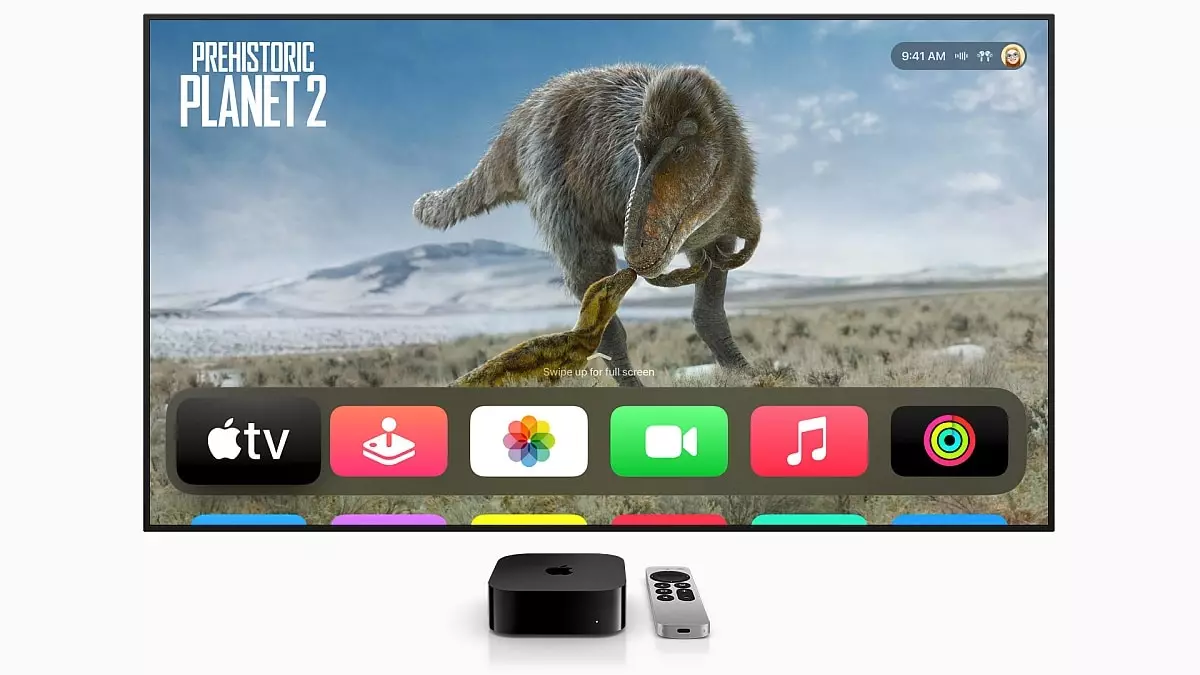Apple Inc., a company renowned for its innovation, is reportedly contemplating the development of its own television set, as revealed by Bloomberg journalist Mark Gurman. This prospect, mentioned in Gurman’s “Power On” newsletter, highlights the company’s ongoing exploration into creating a smart home ecosystem. The mention of an Apple-branded TV suggests a potential shift in Apple’s strategy toward home entertainment, aligning with its existing Apple TV box, which utilizes tvOS and positions itself against competitors like Android TV and Amazon’s Fire OS.
This early-stage evaluation indicates Apple’s cautious approach to a highly competitive market. Unlike its traditional releases, venturing into televisions would require Apple to not only design hardware but also address the complexities of content delivery and user interface in a saturated TV market. The discussion surrounding the Apple TV has surfaced periodically over the years, with speculations dating back to 2009, indicating that the dream of an Apple television has long been an elusive pursuit.
According to Gurman, a potential Apple television would not be a standalone product but part of a broader strategy to enhance its smart device offerings. Key to this strategy appears to be a newly conceived wall-mounted smart home hub, which aims to deliver features like control over other connected devices and even video calling capabilities. This smart hub seems to represent the foundation of Apple’s ambition in the smart home arena.
However, Gurman evokes a cautionary note regarding the smart hub’s success, hinting that Apple might reevaluate its smart home aspirations if this venture fails to gain traction. This sentiment underlines the significant risks Apple would face in its potential push into the television segment. Competing against well-established brands such as Sony, Samsung, LG, and Sharp requires not only technological excellence but also effective marketing and brand differentiation.
Apple’s entry into the television market presents both challenges and opportunities. Notably, the anticipated high-end specifications would reflect the company’s reputation for premium products. However, this positioning would place Apple in direct competition with other luxury brands within the industry. Furthermore, a potential price point around $1,000 would limit the target demographic, and many consumers might question whether the premium features justify the investment.
Also noteworthy is the integration with Apple’s existing ecosystem. The potential television could support Siri, HomeKit, and other Apple services, creating a seamless user experience for customers already invested in the Apple ecosystem. This feature could serve as a significant differentiator, appealing to consumers who value connectivity and ease of use across their devices.
As Apple’s exploration into creating its own television set unfolds, it presents an intersection of innovation and risk. The company’s hesitance, reflected in the cautious evaluation process noted by Gurman, suggests a recognition of the complexities involved. If Apple successfully navigates these waters, it may not only redefine its standing in the entertainment technology space but also further embed itself within the fabric of smart home living. The thought of an Apple TV evokes excitement and curiosity among consumers, yet the question remains whether Apple can fulfill the high expectations that accompany its brand.



Leave a Reply